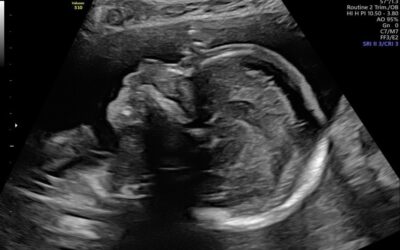Early Pregnancy Testing
Early pregnancy tests are designed to detect pregnancy as early as possible, often before your period has missed. These tests measure the level of the hormone human chorionic gonadotropin (hCG) in your urine, which is produced after the implantation of a fertilized egg.
- When to do it: Early pregnancy tests can usually be done 6-8 days after ovulation, which is about a week before your expected period.
- Accuracy: Although early tests can detect pregnancy earlier, they are less accurate than tests done after your period has missed. It is possible to get a false negative result if hCG levels are not yet high enough to detect.
Common Pregnancy Tests
Regular pregnancy tests are recommended to be done after the first day of your missed period. These tests tend to be more accurate because they can measure higher levels of hCG.
- When to do it: The best time to take a regular pregnancy test is on the first day after your missed period. For some women this may be 14 days after ovulation.
- Accuracy: These tests are usually very accurate when performed according to the instructions. The chance of a false negative result is much smaller than with early testing.
Tips for Using Pregnancy Tests
- Morning urine: Preferably use your first morning urine, because it contains the highest concentration of hCG.
- Follow instructions: Read and follow package instructions carefully to ensure test accuracy.
- Repeat the test: If you have a negative test but still think you are pregnant, repeat the test a few days later. hCG levels usually double every 48-72 hours in early pregnancy.
- Consult a doctor: If in doubt or conflicting test results, it is wise to consult a doctor for a blood test, which is even more accurate in detecting pregnancy.
Conclusion
Choosing the right time to take a pregnancy test can vary depending on your situation and preference. Early pregnancy tests can provide an early indication, but are less reliable than tests performed after a missed period. For the most accurate results, it is recommended to test after the first day of your missed period and follow the test instructions carefully.




